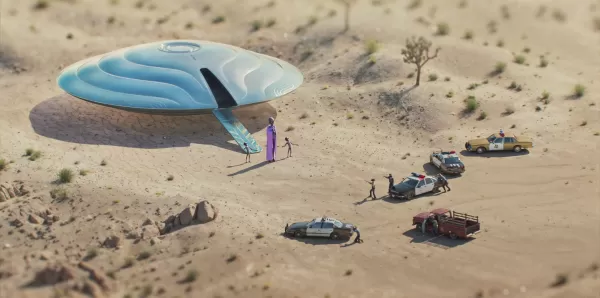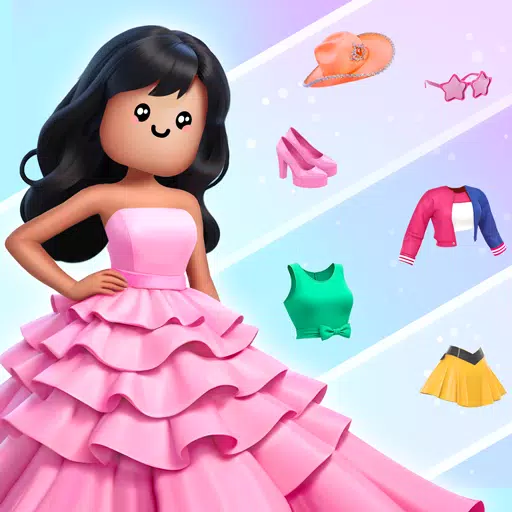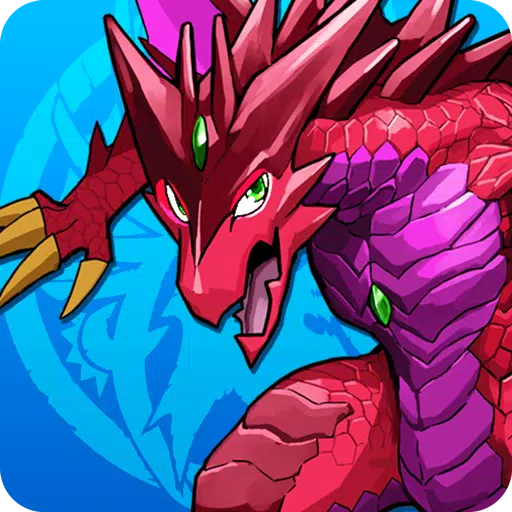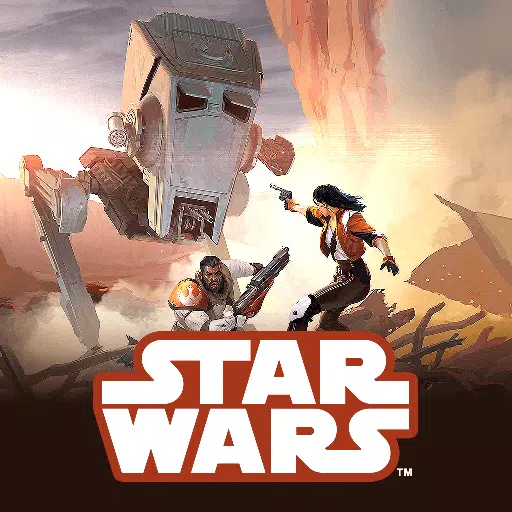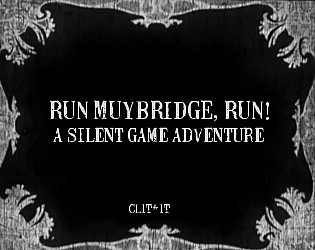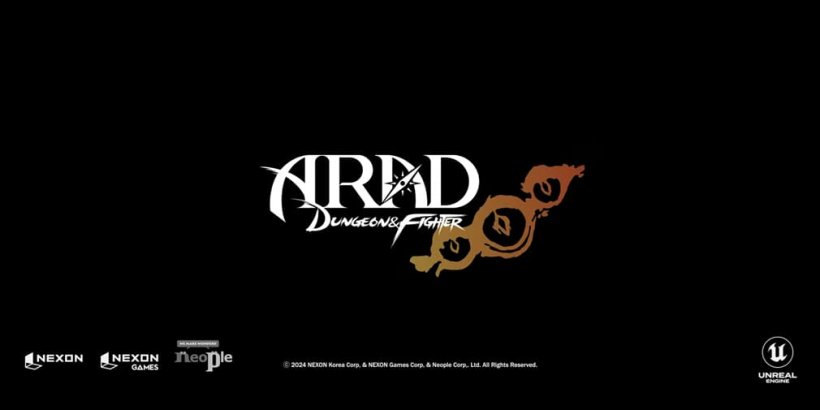Monster Hunter Wilds Redefines the Series with Open World Gameplay
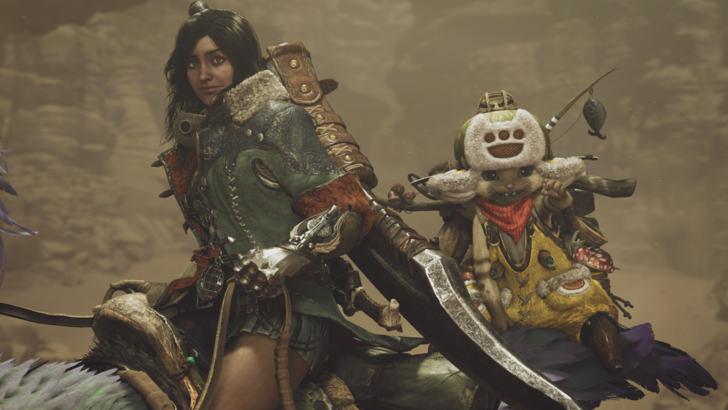
Following Monster Hunter World's triumph, Capcom is poised to revolutionize the series with Monster Hunter Wilds.
Related Video
Monster Hunter World's Legacy: The Foundation of Wilds
Capcom Aims for Global Domination with Monster Hunter Wilds
Reimagining the Hunt: A Seamless Open World
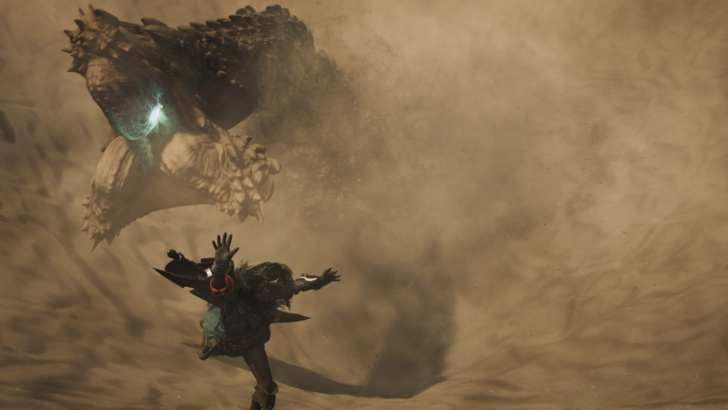
Monster Hunter Wilds boldly reimagines the franchise, transforming epic hunts into a vibrant, interconnected world with a dynamic, real-time ecosystem.
At Summer Game Fest, producer Ryozo Tsujimoto, executive director Kaname Fujioka, and director Yuya Tokuda discussed the game's transformative design. They highlighted seamless gameplay and an immersive environment that reacts to player actions.
Like its predecessors, Wilds casts players as hunters in an uncharted region brimming with new creatures and resources. However, the Summer Game Fest demo showcased a significant shift from the series' traditional mission structure. Gone are the segmented zones; Wilds presents a seamless open world for exploration, hunting, and environmental interaction.
"Seamlessness is a core design principle in Monster Hunter Wilds," Fujioka explained. "We aimed to create detailed, immersive ecosystems requiring a seamless world filled with freely huntable monsters."
A Dynamic World: 24/7 Action
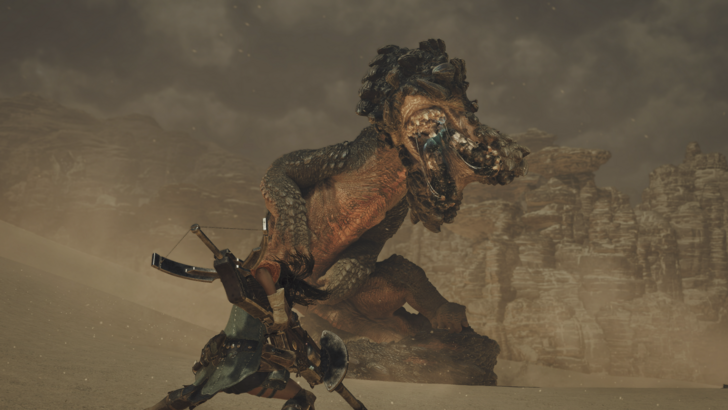
The demo featured desert settlements, diverse biomes, various monsters, and NPC hunters. This new approach empowers players to choose targets and actions without time constraints, fostering a more freeform hunting experience. Fujioka emphasized the importance of world interaction: "We focused on interactions like monster packs pursuing prey and their conflicts with human hunters. These characters exhibit 24-hour behavior patterns, creating a dynamic and organic world."
Monster Hunter Wilds also incorporates real-time weather changes and fluctuating monster populations. Director Yuya Tokuda attributed this dynamic world to new technology: "Creating a massive, evolving ecosystem with more monsters and interactive characters was a huge challenge. Environmental changes occur simultaneously—something previously unattainable."
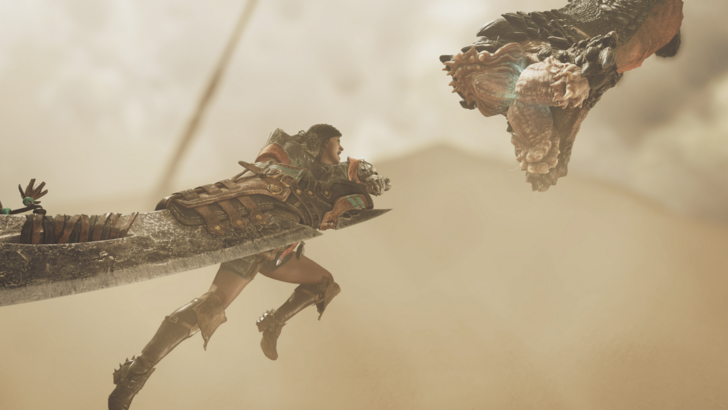
Monster Hunter World's success provided invaluable lessons shaping Wilds' development. Producer Ryozo Tsujimoto highlighted the significance of their expanded global approach: "We adopted a global mindset for Monster Hunter World, focusing on simultaneous worldwide release and extensive localization. This global perspective helped us cater to players unfamiliar with the series and entice their return."
-
Samsung has unveiled the Galaxy S25 Edge, its new flagship smartphone, at its May Unpacked event. While it shares many similarities with the standard Galaxy S25 released earlier this year, its sleeker, thinner design is positioned as its key advantagAuthor : Camila Dec 18,2025
-
Whether you crave alien encounters, find infants unsettling, or prefer your bedroom accessories with unnerving eyes—Love, Death + Robots Volume 4 delivers when ten new animated shorts premiere on Netflix this May 5th.Love, Death + Robots Volume 4 TeaAuthor : Finn Dec 18,2025
- Stardew Valley: How To Befriend Willy
- DISCOVERY CHANNEL TO UNVEIL CROSSOVER IN 'Reverse: 1999' 2.0
- Crunchyroll Game Vault adds Battle Chasers: Nightwar, Dawn of the Monsters, Evan’s Remains and more
- Hotta Studio's Open-World RPG, Neverness to Everness, Announced
- Military Strategy Game Warpath Launches a Navy Update with 100 New Ships
- Half-Life 3 Speculations Spark Again as Risk of Rain Original Devs Join Valve's Game Dev Team

